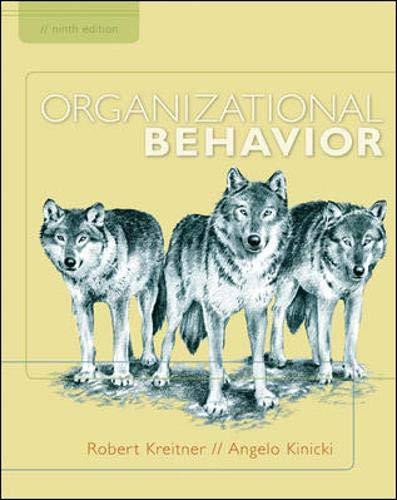The Denver Public Schools pay-for-performance plan to motivate teachers was hailed as a model for the rest
Question:
The Denver Public Schools’ pay-for-performance plan to motivate teachers was hailed as a model for the rest of the country when it took effect three years ago. It now stands on the verge of collapse after months of contract negotiations have stalemated.
Some teachers have staged sick-outs; others plan to welcome families back to school this week by handing out fliers denouncing the district’s contract offer. There is even talk of a strike.
National education experts are dismayed. If merit pay can’t work in Denver, “future initiatives are destined to fail,” said Matthew Springer, director of the National Center on Performance Incentives at Vanderbilt University in Tennessee.
The breakdown stems from a philosophical disagreement between the school district and the union.
The district is offering large increases in incentive pay, but the biggest rewards will go to early—and to midcareer teachers—and to those willing to take risks by working in impoverished schools or taking jobs few others want, such as teaching middle-school math.
Yearly bonuses for such work would nearly triple, to about $3,000.
The union is all for boosting bonuses but also wants an across-the-board pay increase. Most crucially, union leadership objects to proposed changes that would hold down salaries of veteran teachers to free more money for novices . . . . Nationwide, most teachers are paid based on two factors: education and experience. Denver’s plan sets a base salary, but most raises depend on a teacher’s accomplishments, and teachers aren’t automatically rewarded for making it through another year. All new teachers must enroll in the incentive plan; it is optional for veterans.
One way to earn a salary bump is to guide students to high scores on Colorado’s standardized tests, which is also used to measure progress under the federal No Child Left Behind Act.
Teachers are also rewarded for getting good evaluations and for continuing their own educations. And they get bonuses for meeting student-achievement goals that have nothing to do with test scores.
Greg Ahrnsbrak, a gym teacher at a public high school here, earned a $356 increase last year by achieving his goal of boosting student fitness with a weighttraining program.
Many such bonuses are tacked on to a teacher’s base salary. And they are cumulative. So when a teacher earning $38,000 notches $3,000 in bonuses, the base salary rises to $41,000 the following year. If the teacher earns another $3,000 in incentives, the salary jumps again, to $44,000. . . .
Superintendent Michael Bennet wants to raise incentives for all teachers, but under his proposal only those with less than 13 years’ experience would continue to get bonuses incorporated into their salaries. Veteran teachers would get annual bonus checks, but their base salaries wouldn’t grow, except for cost-of-living adjustments. Mr. Bennet also aims to expand team incentives, such as facultywide bonuses for schools that show academic growth.
“It’s a significant step forward,” Mr. Bennet said.
KimUrsetta, president of the teachers union, calls the modifications unacceptable, but she still says payfor-
performance deserves a shot.
Questions for Discussion
1. What is the source of conflict between the school system and the union?
2. To what extent does Denver’s pay plan build on recommendations from equity and expectancy theory?
Explain.
3. What role does organizational culture play in this case?
4. Using the various motivation theories discussed in this chapter, how would you revise the pay plan so that it would be acceptable to both the school system and union? Provide specific recommendations.
Step by Step Answer:






